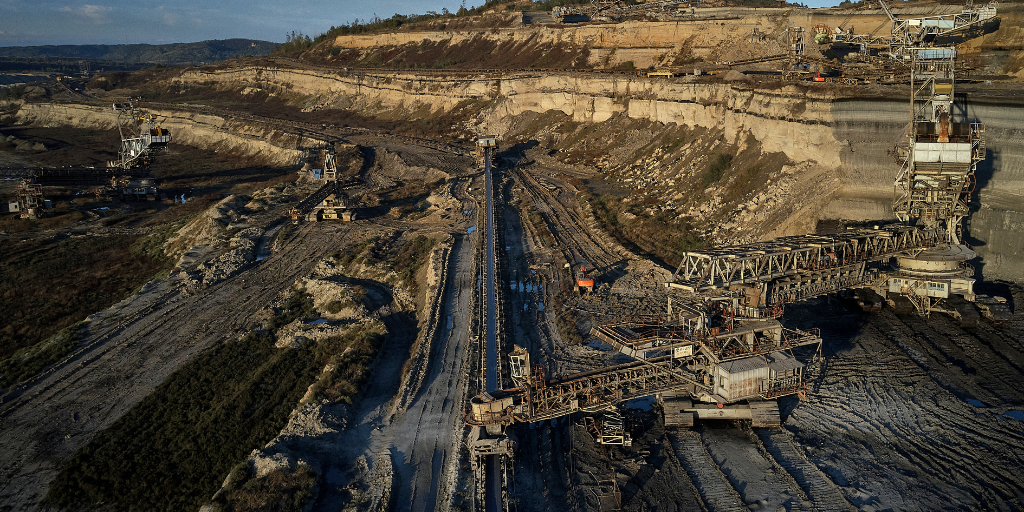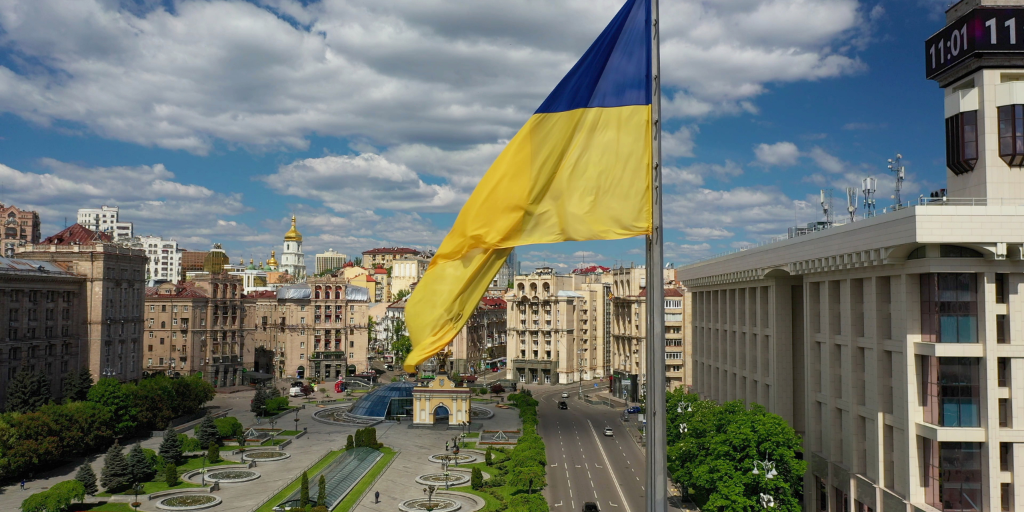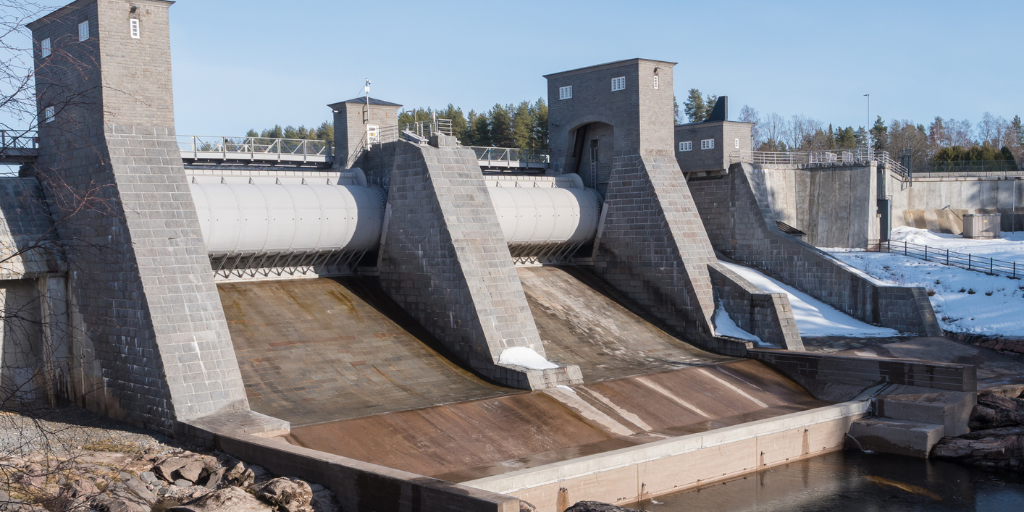Fear and fossil fuels in Romania
February 11, 2026 | Read more
A draft law supported by thirty members of the Parliament, aims to roll back Romania’s coal phase out and, at the same time, delivers a masterclass in manipulation.
Ukraine’s network of more than 1,000 territorial communities now finds itself at a unique historical juncture. On the one hand, decentralisation has entrusted these communities with the authority and responsibility for their own development. On the other, the ongoing war has depleted resources and made the survival of critical infrastructure a key issue.
The Romanian government is pursuing an increasingly contradictory energy strategy. On the one hand, it is preparing to heavily exploit Black Sea gas to increase consumption and drive industrial growth. On the other, it must meet ambitious targets for renewable energy, decarbonisation and energy consumption.
Hungary’s energy transition at risk due to missed EU milestones
December 29, 2025 | Read more
Hungary is moving to scale back its national recovery and resilience plan, reflecting the government’s struggles to complete the reforms and investments required by the European Commission under the Recovery and Resilience Facility by the end of August 2026.
Kyrgyzstan is promoting the massive 1,860 MW Kambarata-1 Hydropower Plant (HPP) as a solution to its ongoing energy crisis. The project, a joint effort with Uzbekistan and Kazakhstan on Naryn River, is actively seeking funding from international financial institutions like the World Bank, the European Bank for Reconstruction and Development (EBRD) and the European Investment Bank (EIB).
The ‘do no significant harm’ (DNSH) principle is supposed to prevent EU funds from being invested in projects that harm the environment and undermine climate action. Though the principle is meant to increase awareness of the importance of environmental aspects in EU-funded projects, weak and incoherent implementation has hampered its effectiveness across the EU. Lessons learnt in Poland, the largest beneficiary of EU funds, can help improve the application of the ‘do no significant harm’ principle in the next EU long-term budget.






